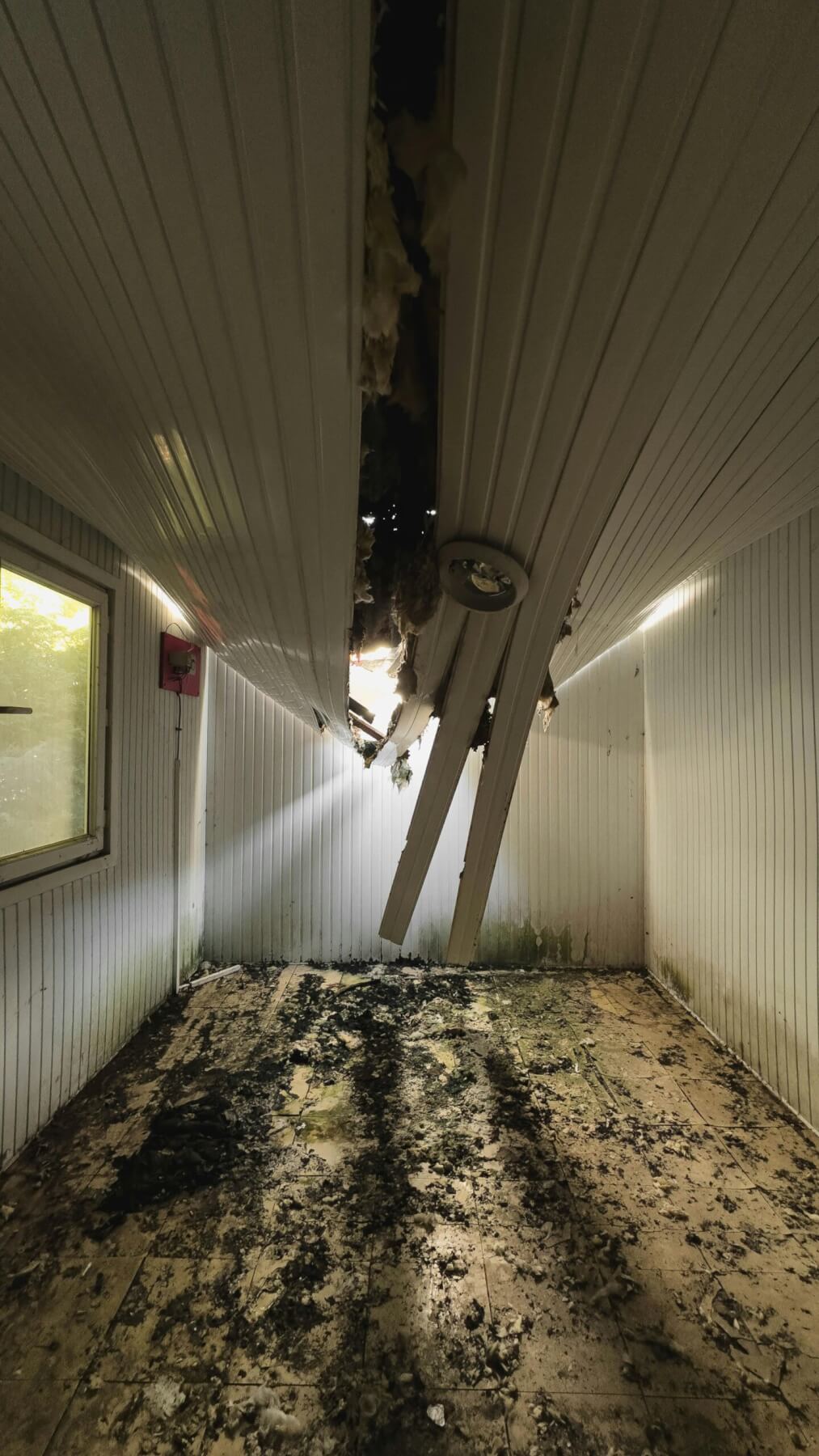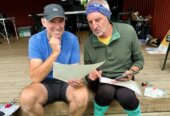The term “natural disaster” is a bit outdated. We have natural hazards, sure, but disasters don’t exist without us, and they are made worse by poor planning, decision making, and preparation. If an identical eruption occurred in the middle of absolutely nowhere versus in the middle of a city, the first is not a disaster and the second is. An important part of reducing harm is understanding risk.

Janine Krippner
“Risk” is a word we use a lot in our everyday lives. Potentially silly decisions can be risky. We can be at risk of health complications. When it comes to hazards like eruptions, earthquakes, tsunamis and floods, risk has quite a specific and complex meaning.
The basic equation often used is Risk = Hazard x Exposure x Vulnerability. This gives us the likelihood of harm and damage from a specific hazard (like a tsunami) in a place depending on what and who is potentially in the way.
This is where the natural hazards interact with us, and where we have the power to reduce how much they harm us as individuals and communities.
Disaster risk reduction is a critical component of helping society deal with the hazards that come our way. An important method or framework is the 4 Rs of disaster management – Reduction, Readiness, Response, and Recovery.
The hazard is not to be managed (most of the time) – the planet will stay active, and we must respect the processes that shape it, but we can change the other aspects of the equation.

Taking a risk. Photo: Adriano Brodbeck: pexels.com
We can take steps to eliminate risk. This could be physically moving things out of the way, like raising a bridge above where it could be damaged by a lahar, or making sure people don’t build houses in areas more likely to flood through land use zoning.
Where we can’t eliminate it, we can reduce it. One example is designing buildings to stay standing during an earthquake.
We can make sure we are ready through education, early warning systems, and evacuation drills. We can empower people to know what to do and when. We can reduce how vulnerable we are by strengthening key aspects of society that keep us running, like communications, power, and transportation.
We have learned a lot about how to respond to a hazard or disaster, which by nature are complex, evolving, and challenging situations. We can make sure our emergency responders, and our emergency management/civil defence agencies have the resources they need to help us. We can ensure that funds can be rapidly made available for those who need it.
Following earthquakes and cyclones we have seen how difficult and long the recovery process can be. We keep learning from each event, and make sure that when we rebuild, we do so stronger and more resilient.
This isn’t a ‘four steps and we’re done’ process, it is a continual cycle. We learn more about the hazards, our society evolves, and a changing climate can make some hazards more intense. We keep adapting. We also forget over time that these events can happen to us, and we drop the ball, repeating mistakes of the past.

Photo: Halil İbrahim ÇETİN : pexels.com








